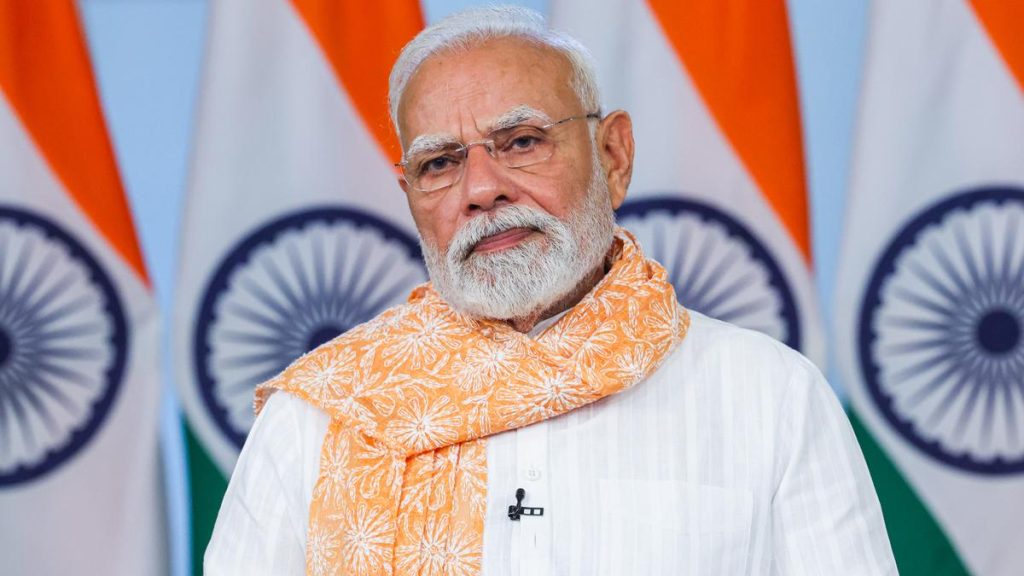Now Reading: Author Martha Wells: True Artificial Intelligence Is Still a Distant Reality
-
01
Author Martha Wells: True Artificial Intelligence Is Still a Distant Reality
Author Martha Wells: True Artificial Intelligence Is Still a Distant Reality

Swift Summary
- Martha Wells’ popular The Murderbot Diaries explores machine intelligence,corporate greed,and neurodiversity in a dystopian future society.
- In the series, corporations control most territories with profit-driven exploitation of planets and labor. A contrasting autonomous planet named Preservation offers relative peace and freedom.
- The main character, Murderbot-a part-human, part-artificial construct-gains free will by hacking its owner’s control module but struggles to protect others from corporate power.
- Wells critiques contemporary trends such as corporate personhood, billionaire-led space colonization initiatives, and commodification of AI-based tools under the guise of artificial intelligence.
- Despite skepticism about current large language models like ChatGPT being truly intelligent or sentient, Wells emphasizes the human tendency to anthropomorphize machines.
- Neurodiversity is central to The Murderbot diaries, with characters reflecting diverse perceptions parallel to real human conditions. The author discovered more about her own neurodivergent traits through writing the series.
- Wells describes sci-fi as an evolving genre that now better reflects varied experiences due to contributions by women, disabled individuals, people of color, and neurodivergent authors.
Indian Opinion Analysis
Martha Wells’ critique holds particular relevance for India as it navigates its own technological advancements. With increasing reliance on artificial intelligence across industries-from governance to healthcare-India must carefully evaluate ethical practices in AI progress without succumbing entirely to profit-oriented models favored by global tech giants. The depiction of corporate dominance resonates strongly with challenges surrounding privatization and equitable labor management within India’s economic system.Furthermore,The Murderbot Diaries highlights crucial themes like inclusion and neurodiversity that India’s science fiction scene can embrace more deeply.Stories portraying nuanced perspectives could foster greater understanding among audiences in an increasingly digital age while countering stereotypes frequently enough amplified through limited depiction across genres globally.such works challenge perceptions around progress by urging careful consideration not just of technological capabilities but human dignity at every stage-a principle key for India’s advancement both economically and socially.Read More

























